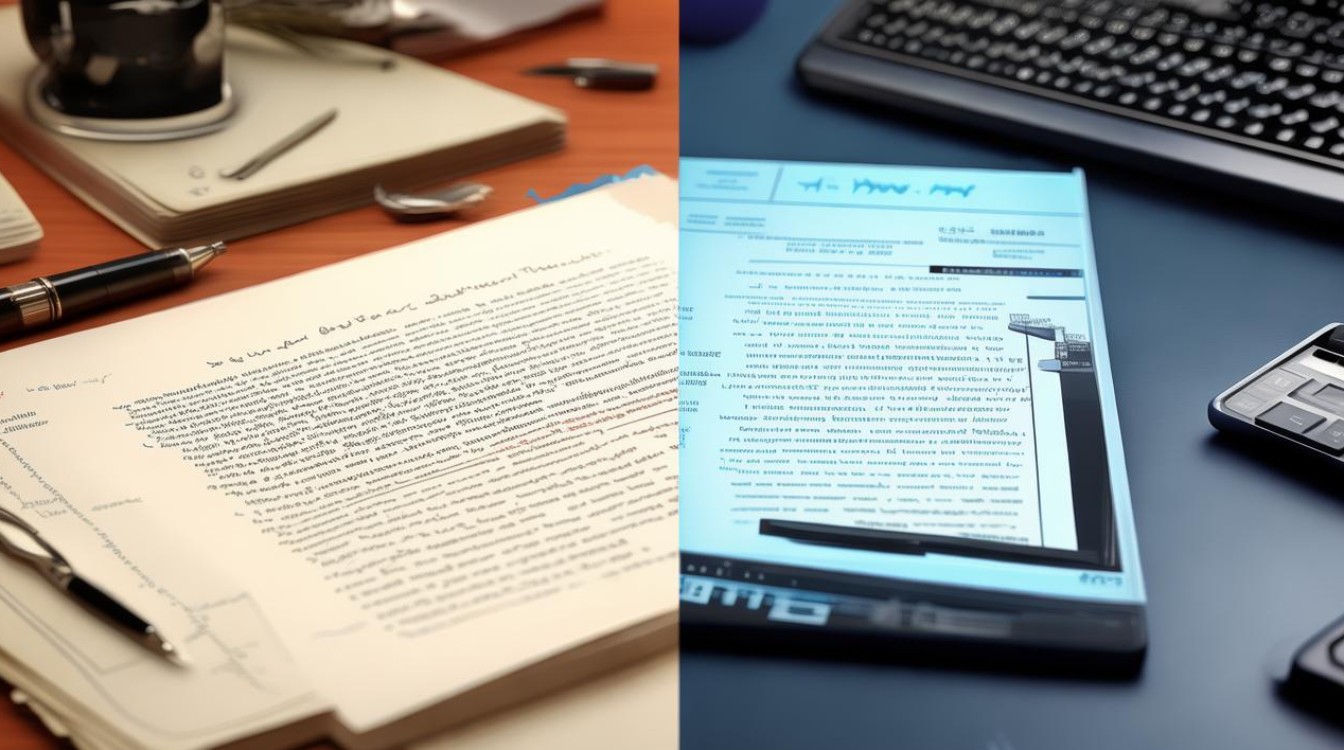The rapid evolution of technology has reshaped nearly every aspect of modern life, including education and language proficiency testing. For IELTS candidates, understanding how technological progress influences writing tasks is crucial. This article explores key trends, practical applications, and strategic approaches to excel in the Writing section while aligning with contemporary digital advancements.

How Technology Transforms Language Learning
Digital tools have revolutionized English language acquisition. AI-powered platforms now offer personalized feedback on grammar, vocabulary, and coherence—critical components of IELTS Writing band descriptors. Applications like Grammarly and ProWritingAid analyze sentence structures in real-time, helping learners identify recurring errors before exam day.
Mobile learning apps provide structured writing practice with timed exercises that mirror actual test conditions. Research from Cambridge Assessment English reveals that candidates using adaptive learning technologies improve their lexical resource scores 23% faster than traditional study methods.
Essential Technological Skills for High-Scoring Essays
-
Data Interpretation for Task 1
With increasing visual data representations in Academic IELTS (flowcharts, digital dashboards), candidates must master describing trends from complex diagrams. Tools like Tableau Public offer free datasets for practice in converting statistics into coherent paragraphs. -
Automated Idea Generation
Mind-mapping software such as XMind helps organize arguments swiftly during the 40-minute Task 2 window. A study by British Council found structured brainstorming improves Task Achievement scores by 0.5 bands on average. -
Vocabulary Augmentation
Cloud-based thesauruses like Power Thesaurus provide academic alternatives to common words, addressing lexical resource criteria directly. However, excessive synonym use remains a common pitfall—technology should enhance clarity, not complicate expression.
Balancing Innovation with Core Writing Principles
While technology offers advantages, IELTS still assesses fundamental writing competencies. Excessive dependence on spellcheck may weaken proofreading abilities needed in the paper-based test format. The most successful candidates:
- Use grammar checkers as training wheels during preparation, not crutches during exams
- Practice handwriting essays weekly to maintain speed (minimum 150 words in 20 minutes)
- Cross-verify AI-generated feedback with human tutors to avoid algorithmic biases
Recent IELTS examiner reports highlight that over-engineered essays using robotic phrasing often score lower than naturally articulated responses. Technology works best when supplementing—not replacing—critical thinking and authentic language use.
Emerging Trends Affecting Future IELTS Candidates
Computer-delivered IELTS now accounts for 60% of global test volume, introducing new dynamics:
-
Typing Proficiency Matters
Candidates averaging 45 words per minute complete tasks more thoroughly. Free platforms like TypingClub can significantly boost performance. -
Digital Note-Taking Strategies
The on-screen highlight function requires practiced skimming techniques. Research indicates efficient digital readers score 12% higher in identifying key graph features for Task 1.
-
Cybersecurity Awareness
Test centers increasingly verify digital literacy basics. Understanding secure browsing practices has become an unstated expectation for computer-based test-takers.
Practical Preparation Framework
-
Diagnostic Phase (Weeks 1-2)
Use IELTS-Bro’s automated essay scorer to identify initial band level and recurring error patterns. -
Skill Development (Weeks 3-6)
Alternate between:
- AI-assisted writing drills (E2Language’s essay bot)
- Traditional tutor feedback sessions
- Peer review exchanges on platforms like IELTS Network
- Exam Simulation (Final Weeks)
Complete full tests using British Council’s computer-based practice tests under timed conditions with distractions to build focus.
The intersection of technology and language assessment will continue evolving. Candidates who strategically integrate digital tools while maintaining strong foundational skills position themselves for success in both IELTS and academic pursuits beyond the test. As artificial intelligence becomes more sophisticated, the human elements of critical analysis and creative problem-solving—qualities IELTS writing tasks specifically assess—will grow in value.
Technological fluency paired with disciplined writing practice creates a competitive edge. The most effective preparation harnesses innovation to amplify traditional learning methods, not replace them. This balanced approach delivers measurable improvements in coherence, lexical range, and grammatical accuracy—the precise criteria distinguishing band 7 from band 9 performances.

IELTS remains a benchmark for evaluating real-world English proficiency. As our communication methods transform through technology, so too must preparation strategies. The writers who will thrive are those viewing digital tools as collaborators in the learning process rather than shortcuts to achievement. Mastery comes from understanding how to leverage technological advancements while preserving the authentic voice and analytical depth that define high-scoring responses.
The relationship between examinees and testing systems grows more interactive each year. Future iterations may incorporate adaptive testing algorithms that adjust question difficulty based on real-time performance. Regardless of format changes, the core objective persists: demonstrating clear, sophisticated English communication abilities. Those who approach technology as a means to refine rather than replace human skills will find themselves at an advantage in both the exam hall and global academic community.
Language learning has always adapted to technological shifts—from the printing press to language labs. Today’s challenge lies in discerning which innovations genuinely enhance proficiency versus those promising unrealistic shortcuts. The candidates who will excel are those using technology to deepen their understanding rather than circumvent the learning process. This discernment itself reflects the critical thinking skills IELTS writing tasks aim to assess.
Education technology will continue advancing, but human judgment remains irreplaceable in evaluating nuanced arguments and cultural context. The highest scores still go to responses demonstrating originality, not formulaic patterns. Perhaps the greatest lesson technology offers IELTS candidates is this: tools are most powerful when they help us develop our unique voice rather than conform to standardized outputs. In an era of AI-generated content, authentic human expression becomes the ultimate differentiator.

